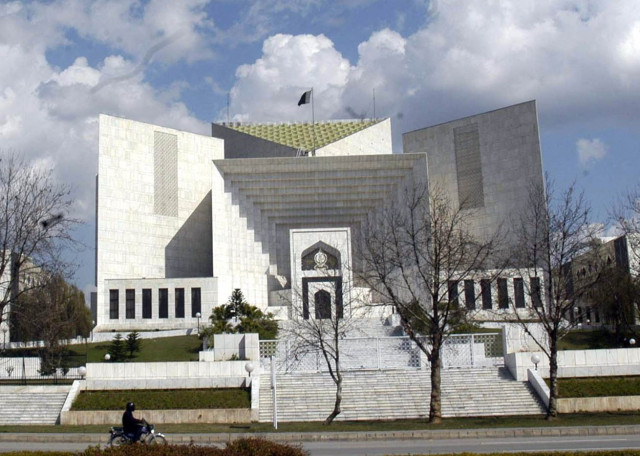The Supreme Court on Karachi
The solution to Karachi’s woes lies in political compromise, not court hearings.

At least half of the killers, responsible for over a thousand deaths in Karachi this summers, had political backing, the Supreme Court said. But merely stating what was already known will not be enough. The police lack the will and ability to take on killers with political connections and apart from that evidence to convict them in a court of law is often found wanting. Another option would have been to ban the political parties but the court has rightly ruled that out as unpragmatic and unenforceable. The suggestion by the Supreme Court that appointments to the police be made on merit rather than political considerations is a sound one but again can only be enforced if the political parties in the cities are willing to change the way they operate. More useful is the suggestion that the monopoly of political parties in certain areas be broken by altering the boundaries of administrative units. The Supreme Court, thankfully, also poured cold water on the idea that a military operation could bring peace to Karachi, by pointing out that previous such operations were mostly failures.
Ultimately, though, even a verdict from the Supreme Court will not be enough to stem the bloodletting in Karachi. Until the political parties in the city decide that they will no longer patronise criminals in their ranks, peace will remain an illusion. The solution to Karachi’s woes lies in political compromise, not court hearings, however, well-intentioned they may be.
Published in The Express Tribune, October 7th, 2011.













COMMENTS
Comments are moderated and generally will be posted if they are on-topic and not abusive.
For more information, please see our Comments FAQ